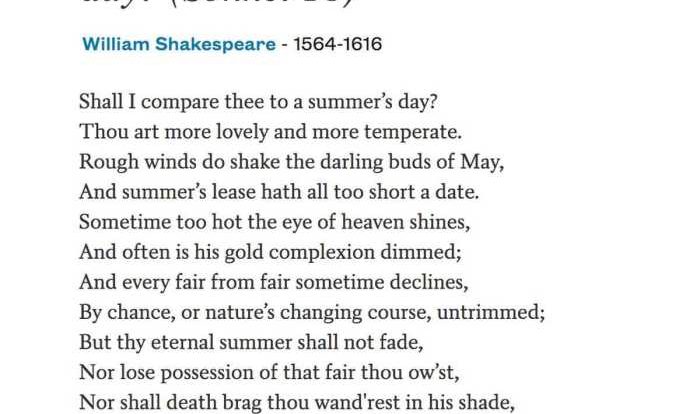Embarking on a journey of intellectual discovery, we delve into the realm of “Flowers for Algernon Crossword Puzzle Answers,” a captivating exploration of the profound themes and literary artistry that have captivated readers and scholars alike.
This comprehensive analysis delves into the novel’s intricate plot, compelling characters, and profound ethical and moral dilemmas, shedding light on the transformative power of scientific advancements and the enduring questions they raise about human identity and the nature of existence.
Historical Significance of ‘Flowers for Algernon’
Daniel Keyes’ “Flowers for Algernon” is a seminal work of science fiction that has had a profound impact on literature and popular culture. Published in 1966, the novel tells the story of Charlie Gordon, a man with intellectual disabilities who undergoes an experimental surgery that dramatically increases his intelligence.
The novel explores the ethical implications of scientific advancements, the nature of identity, and the complexities of human nature.
Key Characters and their Relationships
Charlie Gordonis the protagonist of the novel. Initially a man with an IQ of 68, Charlie undergoes an experimental surgery that raises his IQ to 185. As his intelligence increases, Charlie experiences both the joys and challenges of newfound intellectual abilities.
Dr. Strauss and Dr. Nemurare the scientists responsible for Charlie’s transformation. Dr. Strauss is a compassionate and ethical scientist, while Dr. Nemur is more ambitious and driven by a desire for scientific advancement.
Algernonis a laboratory mouse who undergoes the same surgery as Charlie. Algernon’s progress serves as a model for Charlie’s own development.
Ethical and Moral Dilemmas, Flowers for algernon crossword puzzle answers
The novel raises important ethical questions about the limits of scientific experimentation and the moral responsibilities of scientists. The experiments conducted on Charlie and Algernon raise concerns about the potential consequences of altering human intelligence.
The novel also explores the theme of identity. As Charlie’s intelligence changes, he struggles to reconcile his past self with his new abilities. The novel raises questions about what it means to be human and the nature of self.
Symbolism and Literary Devices
The novel employs a number of symbols and literary devices to convey its themes. Flowers, for example, symbolize hope and the possibility of transformation. Algernon represents the potential and limitations of scientific advancements.
The novel also uses foreshadowing, irony, and allegory to enhance its storytelling and convey its messages.
Adaptations and Cultural Impact
The novel has been adapted into several films and television shows, including the 1968 film “Charly” starring Cliff Robertson. These adaptations have helped to bring the novel’s themes and characters to a wider audience.
The novel has also influenced other works of literature, art, and popular culture. Its themes of scientific advancement, ethical dilemmas, and the nature of humanity continue to resonate with audiences today.
Commonly Asked Questions: Flowers For Algernon Crossword Puzzle Answers
What is the significance of the flowers in “Flowers for Algernon”?
The flowers symbolize Charlie’s intellectual journey and the beauty and fragility of human existence.
How does the novel explore the ethical implications of scientific advancements?
The novel raises questions about the moral responsibilities of scientists and the potential consequences of unchecked scientific progress.
What is the role of Algernon the mouse in the story?
Algernon serves as a parallel to Charlie, highlighting the potential benefits and risks of experimental treatments.

